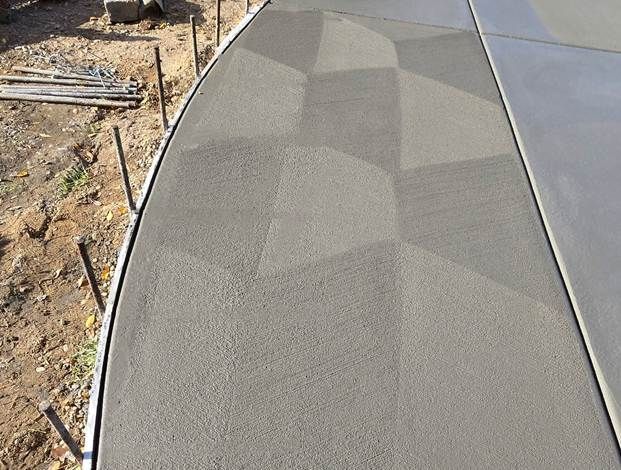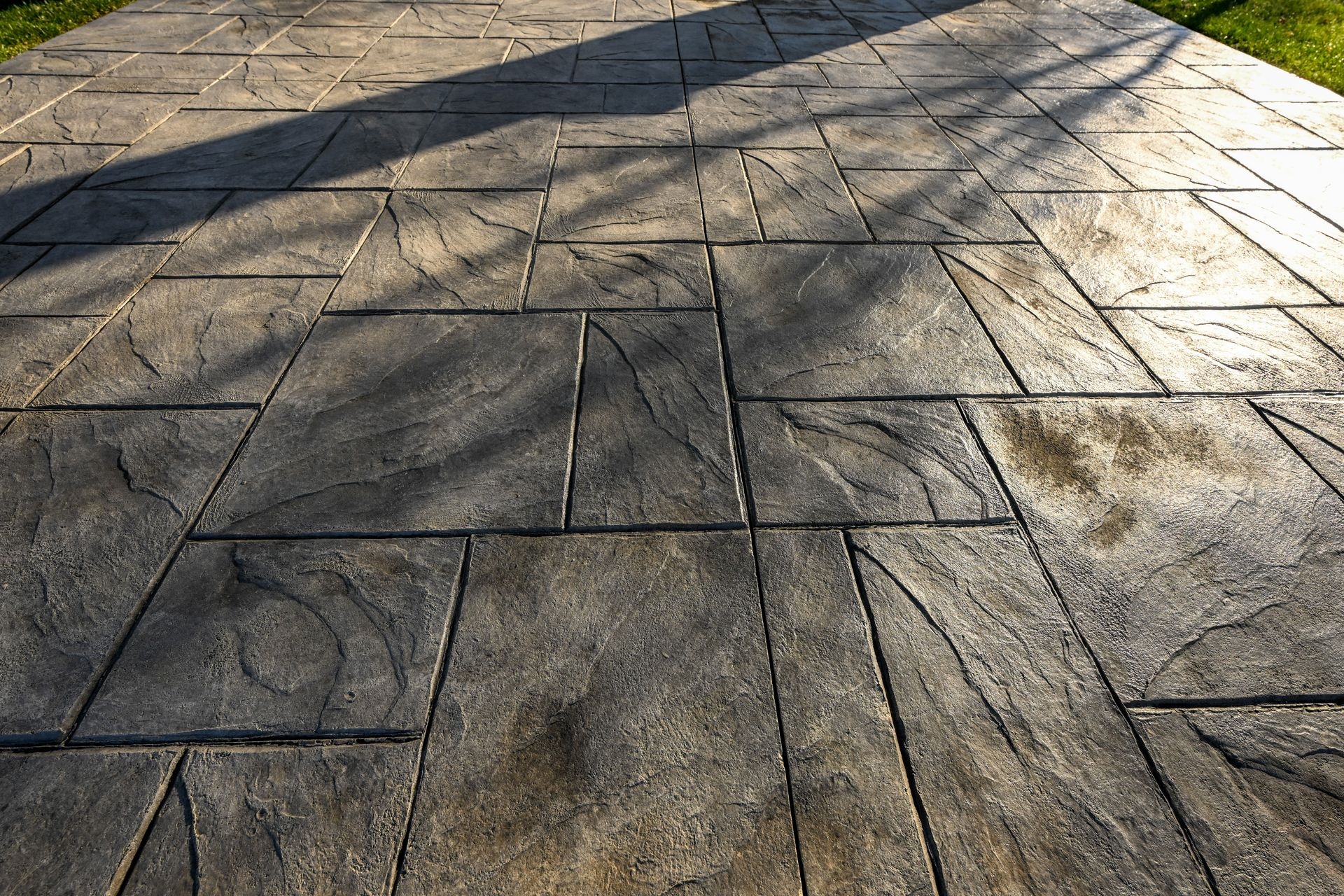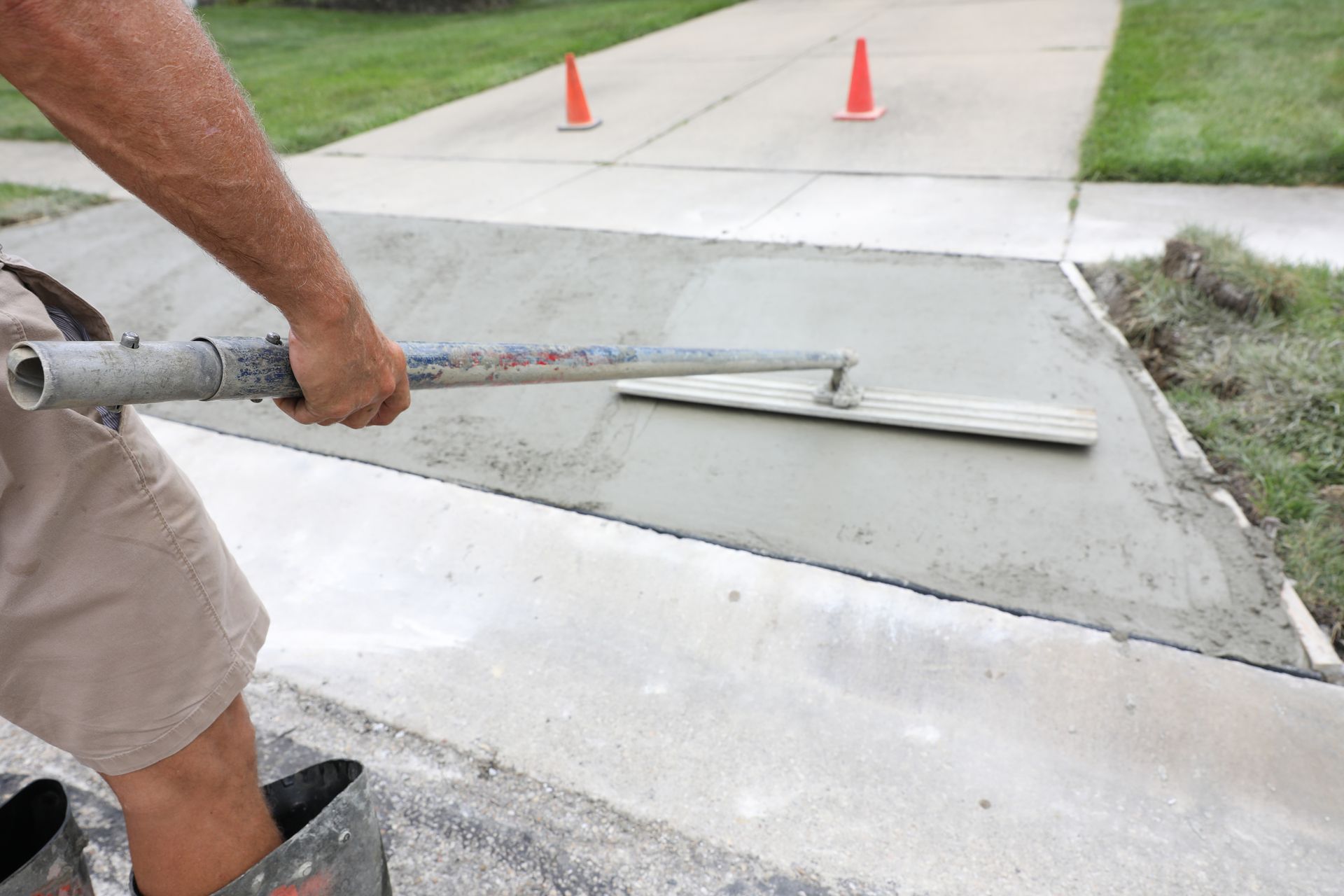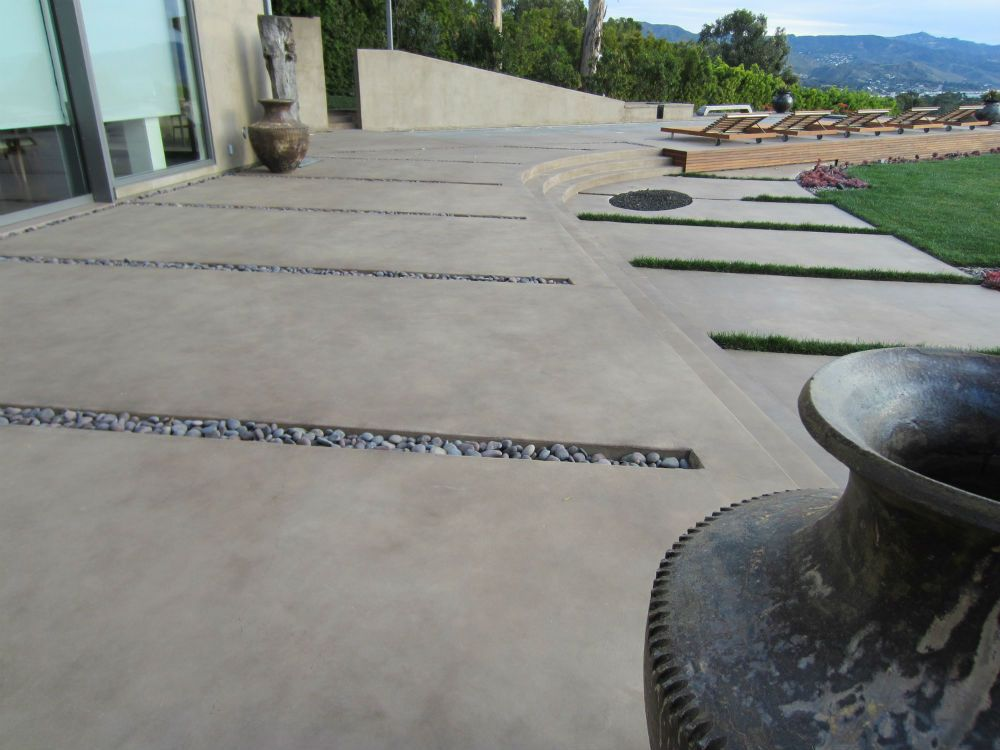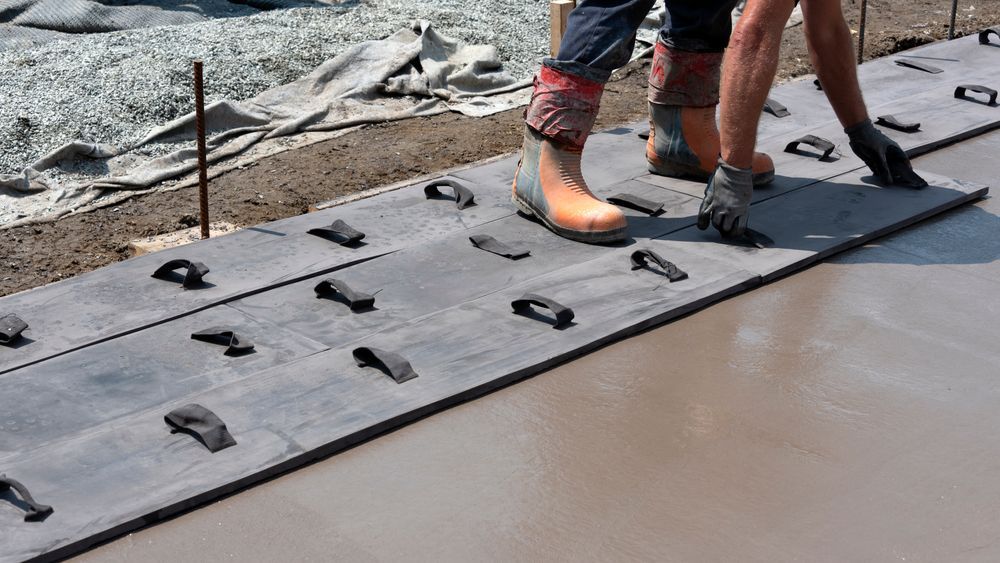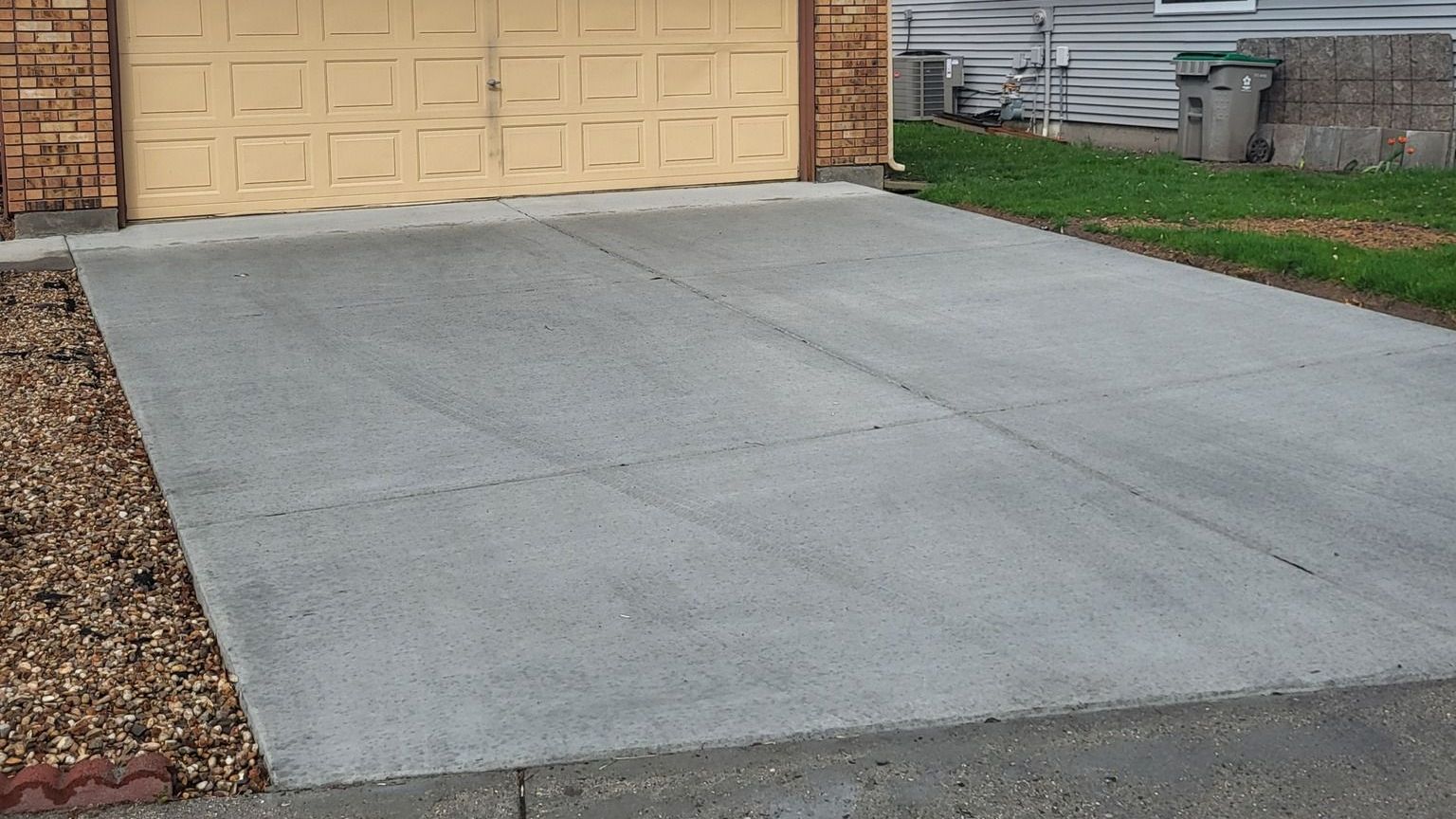How a Hotel Saved $40K in Liability Claims with Timely Concrete Repair
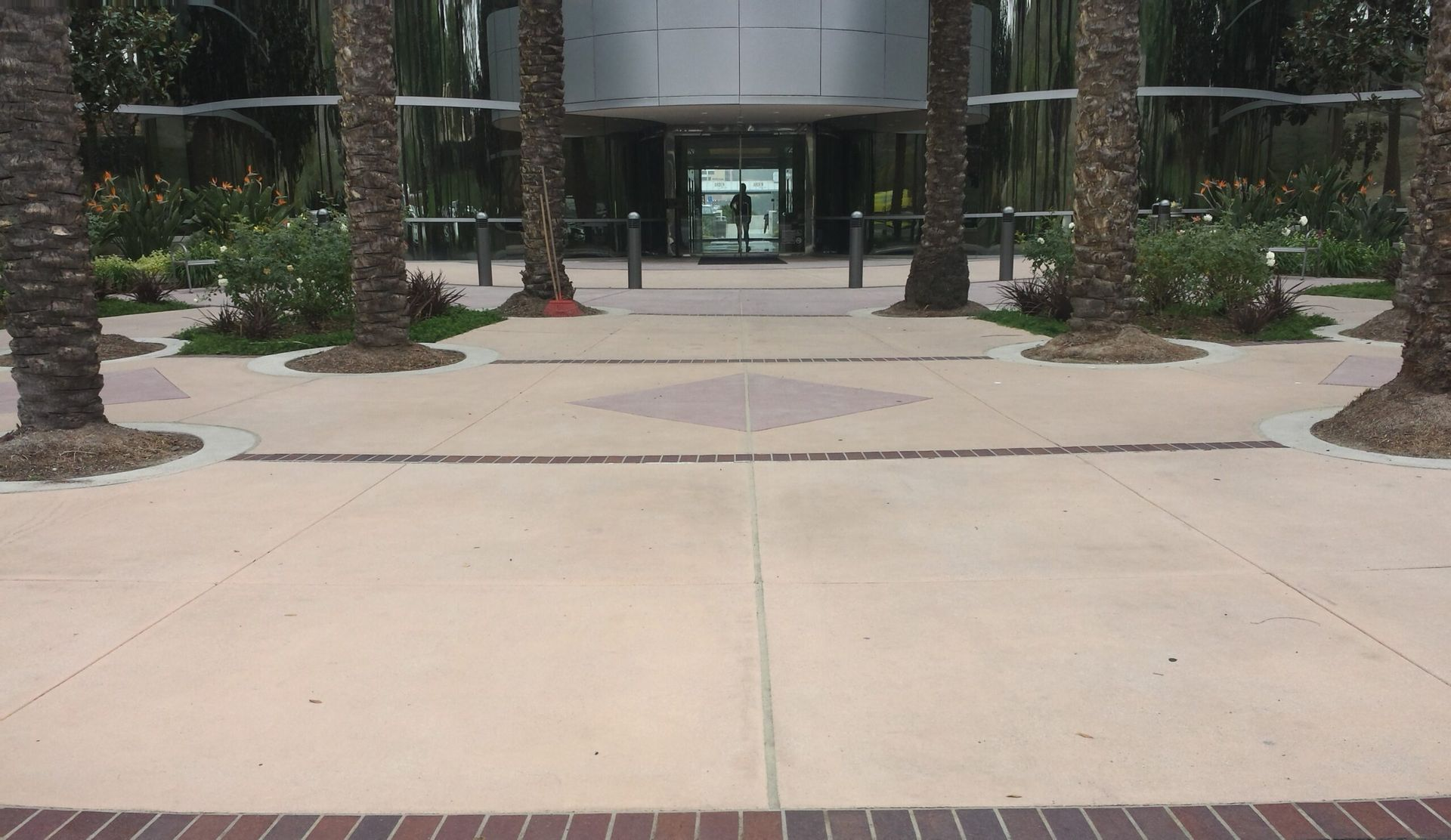
Cracks, uneven surfaces, and trip hazards on walkways aren’t just cosmetic issues—they’re financial risks. For one Boise-area hotel, what started as a few minor cracks in the entrance path nearly turned into a costly lawsuit. Fortunately, timely intervention from Waypoint Concrete helped prevent injuries, avoid claims, and ultimately saved the hotel more than $40,000 in potential liability.
This article breaks down how concrete repair can protect your business from financial and legal setbacks—and why waiting can cost you much more.
The Real Risk of Damaged Concrete for Hotels
Hotels deal with high foot traffic every day. From guests dragging luggage to deliveries and housekeeping carts, outdoor and indoor surfaces take a beating. Over time, small cracks, heaving, and spalling become dangerous.
Common Issues That Trigger Claims:
- Uneven concrete causing trip-and-fall accidents
- Poolside cracks exposing sharp edges
- Parking lot deterioration leading to car tire damage
- Sidewalk sections lifting due to tree roots or freeze-thaw cycles
According to NSC data, slips, trips, and falls are a leading cause of liability claims in commercial spaces—especially in the hospitality industry. Settlements or medical payouts can easily reach tens of thousands of dollars.
How Timely Concrete Repair Saved the Hotel
In this case, the hotel identified several raised walkway sections and surface cracks at the entrance and around the pool. They acted quickly, reaching out to Waypoint Concrete for an on-site evaluation.
Repairs Completed:
- Grinding and leveling of trip hazards in high-traffic paths
- Crack sealing near drainage areas
- Joint repair around pool deck for safety and aesthetics
- Resurfacing worn patio concrete in guest gathering areas
The total project was completed in 48 hours with minimal disruption. Within months, the hotel avoided a potential injury claim after a guest stumbled but did not fall—on an area that had just been repaired.
Estimated potential claim value:
$40,000+ (based on average hospitality slip-and-fall settlements in Idaho).
Hotel Concrete Safety Checklist
Use this checklist to identify high-risk zones before they become costly:
✅ Walkways and Entrances:
- Are all paths level and free from tripping hazards?
- Are there visible cracks wider than 1/4 inch?
- Are surfaces smooth enough for luggage and wheelchairs?
✅ Pool Decks and Patios:
- Are there surface cracks or edge damage near water zones?
- Are all walking surfaces slip-resistant?
- Is there adequate drainage to prevent pooling?
✅ Parking and Drive Areas:
- Are potholes or edge failures present?
- Are expansion joints intact and clean?
- Is signage or striping still visible?
Regular inspections using this checklist can reduce liability, extend pavement life, and improve guest satisfaction.
Why Hotels in Boise Are Taking Action
Boise’s freeze-thaw cycles, tree root growth, and high foot traffic make commercial concrete prone to wear. More hotel owners are investing in preventative maintenance—not only to reduce claims, but also to:
- Improve first impressions at entrances
- Increase ADA compliance
- Extend the usable life of outdoor areas
- Maintain brand image for upscale or family-friendly properties
Waypoint Concrete has worked with hospitality businesses across Boise to deliver targeted, fast, and professional repairs that align with property management timelines and budgets.
Conclusion: Don't Wait Until It's Too Late
Ignoring small concrete issues can lead to expensive lawsuits and bad press. Timely repairs not only protect your guests—they protect your bottom line. For this Boise hotel, a proactive concrete repair strategy paid off in safety, reputation, and savings.
If you’re a hotel or hospitality property manager in need of expert surface repair,
Waypoint Concrete is ready to help. Contact our team to schedule a safety-focused assessment before small cracks become big costs.
FAQ
How often should hotels inspect concrete surfaces?
At least twice a year—once before winter and once after—to catch freeze-thaw damage or wear from high traffic.
Is concrete repair disruptive to business operations?
Not necessarily. Most repairs can be completed within 1–2 days, and Waypoint Concrete offers flexible scheduling.
What are the most common hotel concrete repairs?
Trip hazard leveling, crack sealing, joint filling, and surface resurfacing in pool decks, patios, and entryways.
Does concrete repair help with ADA compliance?
Yes. Level and properly maintained surfaces help meet ADA slope and safety requirements.
Is sealing necessary after repair?
In high-traffic or water-exposed zones, yes. A sealer adds protection and extends the life of the repair.
